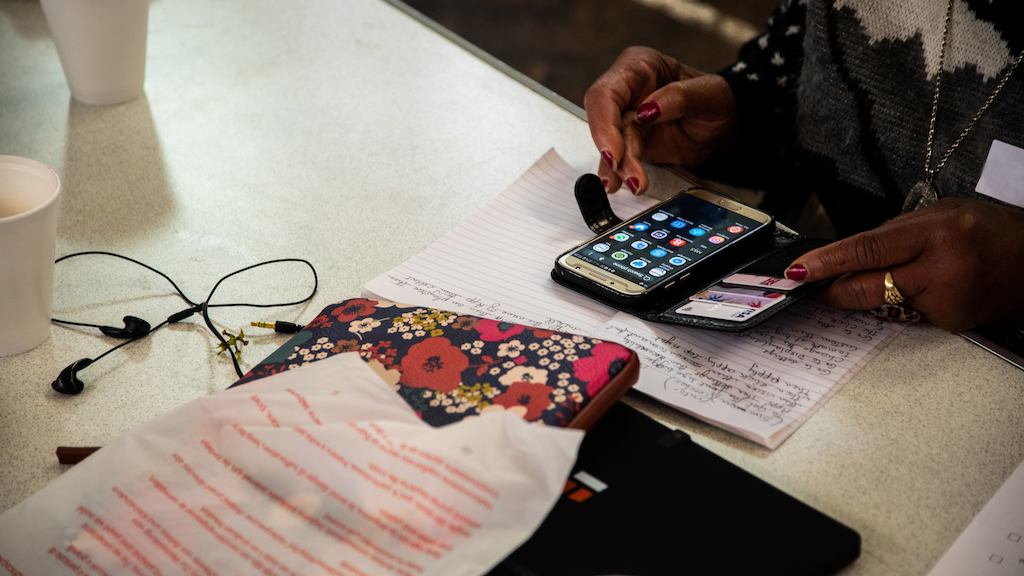The report concentrated on the problem of older people’s unwillingness to engage with the internet. But we also need to consider those who want us to use the internet so that they can reach us.
Retailers obviously want us online. Government services would prefer us there too, as certainly too would banks, insurance providers and other essential services. The NHS and our social care system have major opportunities to use TeleHealth and improve patient monitoring… IF they can get us online.
We need to raise some questions with those who wish to reach us:
- Have you really understood our problem?
- Do you recognise the barriers you have created?
- Is there any way you can be part of the solution?
To make a real difference, they will have to take on board the findings of this report, and understand the fear factor some of us experience about the digital world.
Not least, this includes the worry, uncertainty and misinformation about risk, fraud, and ID theft so frequently highlighted in the media.
If these organisations want us online, they will need to put in time and effort to win us over and reassure us about these scare stories.
We also need to ensure that everyone understands the need for:
- Tolerance and understanding of our fears, including in some cases ‘technophobia’.
- Talking about things in plain English, not in jargon.
- Teaching through positive techniques.
- Testing everything, including language and systems with us.
Above all, make it simple please.
Until this the norm, I suspect millions of us over-55s will never come online. We would rather continue to pick up the phone and speak to a person – or do without.
And the Digital Divide will continue… or even worsen.

